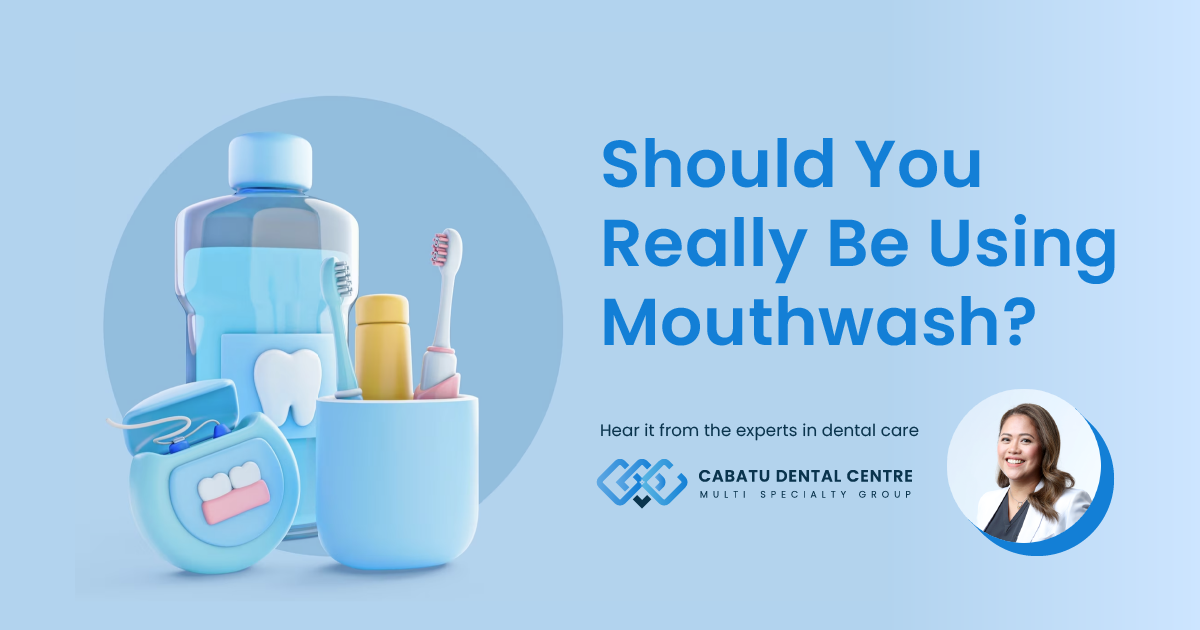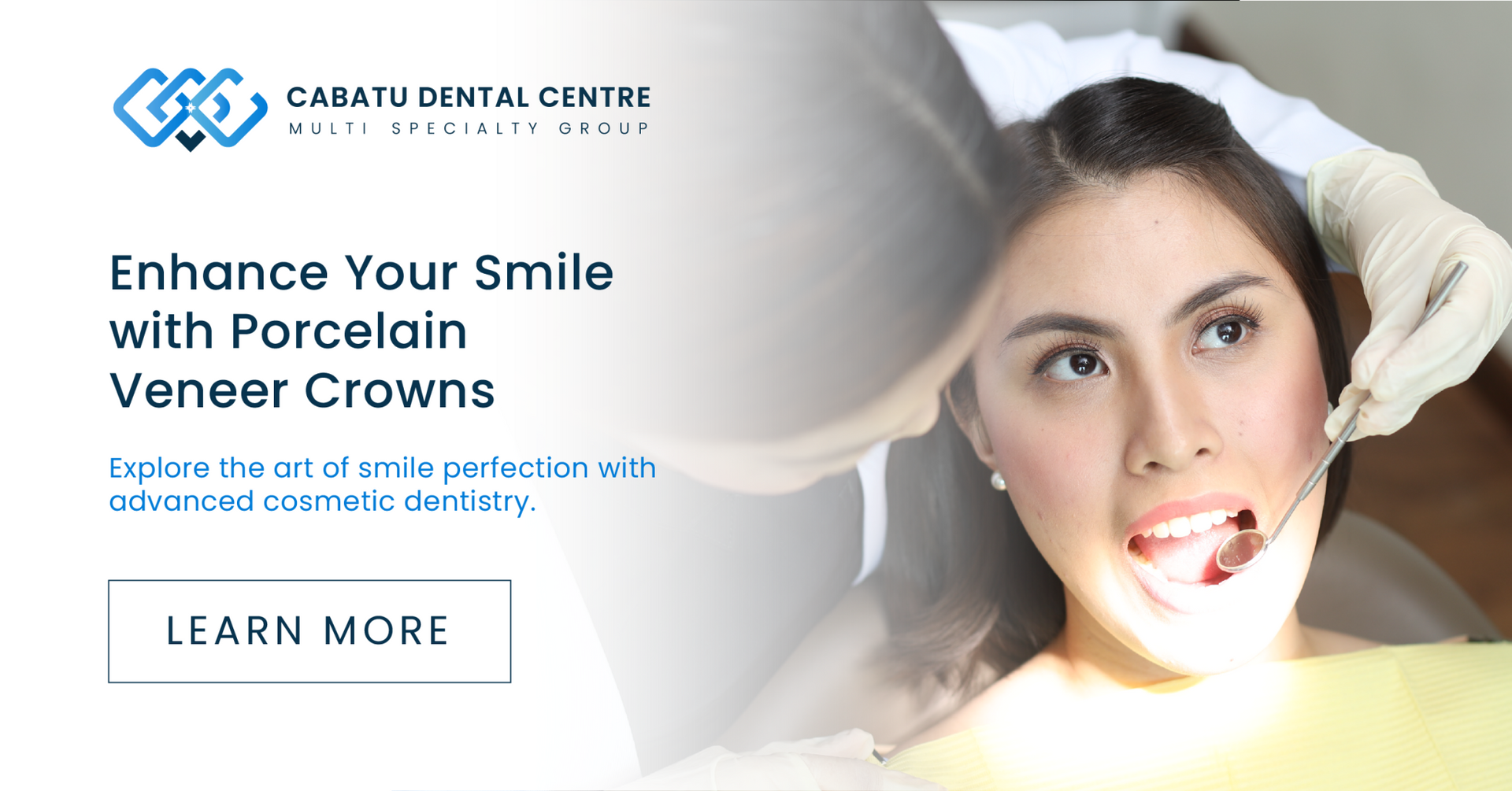
Maintaining good oral hygiene is a cornerstone of overall health and well-being. While brushing and flossing are the primary means of keeping your teeth and gums healthy, many people wonder if using a mouthwash is necessary.
In this article, we’ll delve into the pros and cons of incorporating mouthwash into your oral care routine.
The Different Types of Mouthwashes
Before deciding whether to use a mouthwash, it’s crucial to understand the various types available and their specific purposes:
1. Antiseptic Mouthwash: This type of mouthwash contains alcohol, which helps kill bacteria in the mouth. It is particularly effective in reducing plaque and preventing gingivitis.
2. Fluoride Mouthwash: Fluoride is a natural mineral that helps strengthen tooth enamel and prevent tooth decay. Fluoride mouthwash can be beneficial for those at higher risk of cavities.
3. Cosmetic Mouthwash: These mouthwashes primarily focus on freshening breath and may not provide significant therapeutic benefits. They often contain flavoring agents and breath-freshening ingredients.
4. Prescription Mouthwash: Some mouthwashes require a prescription and are recommended for specific dental conditions, such as gum disease or after certain dental procedures.
The Benefits of Using Mouthwash
1. Reduced Bacterial Load: Antiseptic mouthwashes can help reduce the number of bacteria in your mouth. This is especially beneficial for individuals with gum disease or those prone to oral infections.
2. Improved Gum Health: Antiseptic mouthwashes have been shown to help treat and prevent gingivitis, an early stage of gum disease. They can also aid in reducing gum inflammation.
3. Fresh Breath: Cosmetic mouthwashes can provide immediate relief from bad breath, offering a quick fix for social situations or when brushing isn’t immediately possible.
4. Added Fluoride Protection: Fluoride mouthwashes can provide an extra layer of protection against tooth decay, especially for individuals who may not get enough fluoride from other sources.
5. Post-surgery or Dental Procedures: Prescription mouthwashes can be recommended after oral surgeries or certain dental procedures to aid in healing and prevent infections.
Considerations and Caveats
While mouthwash can offer several benefits, it’s important to use it judiciously and be aware of potential drawbacks:
1. Alcohol Content: Some mouthwashes contain high levels of alcohol, which can be a concern for individuals with certain sensitivities or conditions. Alcohol-free alternatives are available and should be considered.
2. Not a Substitute for Brushing and Flossing: Mouthwash should complement, not replace, regular brushing and flossing. These are the primary means of maintaining good oral health.
3. Consult Your Dentist: It’s advisable to consult your dentist before incorporating a mouthwash into your routine. They can provide personalized recommendations based on your specific oral health needs.
4. Fluoride Overdose: If you’re using a fluoride mouthwash in addition to a fluoride toothpaste and other sources of fluoride, it’s important to be mindful of potential overdose. Excessive fluoride intake can lead to dental fluorosis.
Conclusion: Using a mouthwash can be a valuable addition to your oral care routine, providing benefits such as reduced bacterial load, improved gum health, and fresher breath. However, it’s crucial to choose the right type of mouthwash for your specific needs and to use it in conjunction with regular brushing and flossing. Always consult your dentist for personalized advice on oral care products and routines. Remember, a comprehensive approach to oral hygiene is the key to a healthy, radiant smile.
Want to know what type of mouthwash is best for you? Call us now!
+63 2 8925 6518
+63 908 883 0620
Tags:
We have dental offices in Centuria Medical Makati and in The Capital Towers, Quezon City.
Experience Cabatu Dental Centre.
Share this article

Dr. Grace Cabatu
Mary Grace H. Cabatu, DMD is a multi-specialty dentist, specializing in General Dentistry, Orthodontics, Sleep Apnea & TMJ Therapy.
About CDC
Welcome to our modern and caring multi-specialty dental centre, where we prioritize your oral health and provide a comfortable experience for every patient.
Recent Posts
Videos
Book An Appointment
Contact Us
We will get back to you as soon as possible.
Please try again later.





